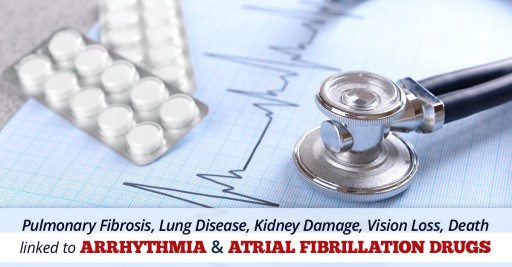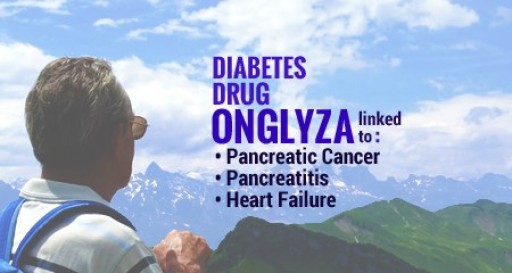Latest News Feed

According to Chris Powell of Consumer Safety Watch, the vote was 84-14 Thursday to pass the Honoring Our PACT Act, H.R. 3967 (117), requiring broadened Department of Veterans Affairs coverage for toxic exposure related to burn pits and contaminated water
These studies potentially give researchers hope for developing better detection and prevention methods and highlights the alarming reality that far too little is known about ovarian cancer.

In this study of 5,000 women, more women who received Paclitaxel once a week were likely to be alive and free of breast cancer five years after being diagnosed compared to women who received Paclitaxel every three weeks OR women who received Docetaxel (either weekly or every three weeks).

Families who purchased new homes in several states are being told to leave their brand new homes over concerns of formaldehyde poisoning, and others expecting to move-in may have to wait an undetermined amount of time.

All signed and unsigned cases must be submitted by August 25 to be eligible to be part of this settlement.


Intrauterine Devices (IUD) with progestogen have been marketed as a safe alternative to birth control pills and other options such as the patch or injections, but Consumer Safety Watch says manufacturers have failed to warn women and their doctors of the link to pseudotumor cerebri.



Recipients of recalled Zimmer Biomet Comprehensive Reverse Shoulder Should Review their Options

Mirena IUD and Ortho Evra have been linked to symptoms that include migraines, tinnitus (hissing, roaring, ringing or whooshing sound in the ears), vision loss, Nausea, vomiting or dizziness, loss of balance, and additional symptoms.


Decades old habits influenced by commercials and direct to consumer marketing by J&J have contributed to increased exposure.


Pulmonary fibrosis (PF) is one of a family of related diseases called interstitial lung diseases that can result in lung scarring. As the lung tissue becomes scarred, it interferes with a person's ability to breathe.
Women across the country are being warned that using talcum powder as part of their feminine hygiene routine may increase their risk of ovarian cancer, and in an editorial published last month in Time magazine, an associate professor of African and African Diaspora Studies at the University of Texas suggested that African American women may be at a greater risk than other women, due to strategic marketing by companies that sell talc based products.
